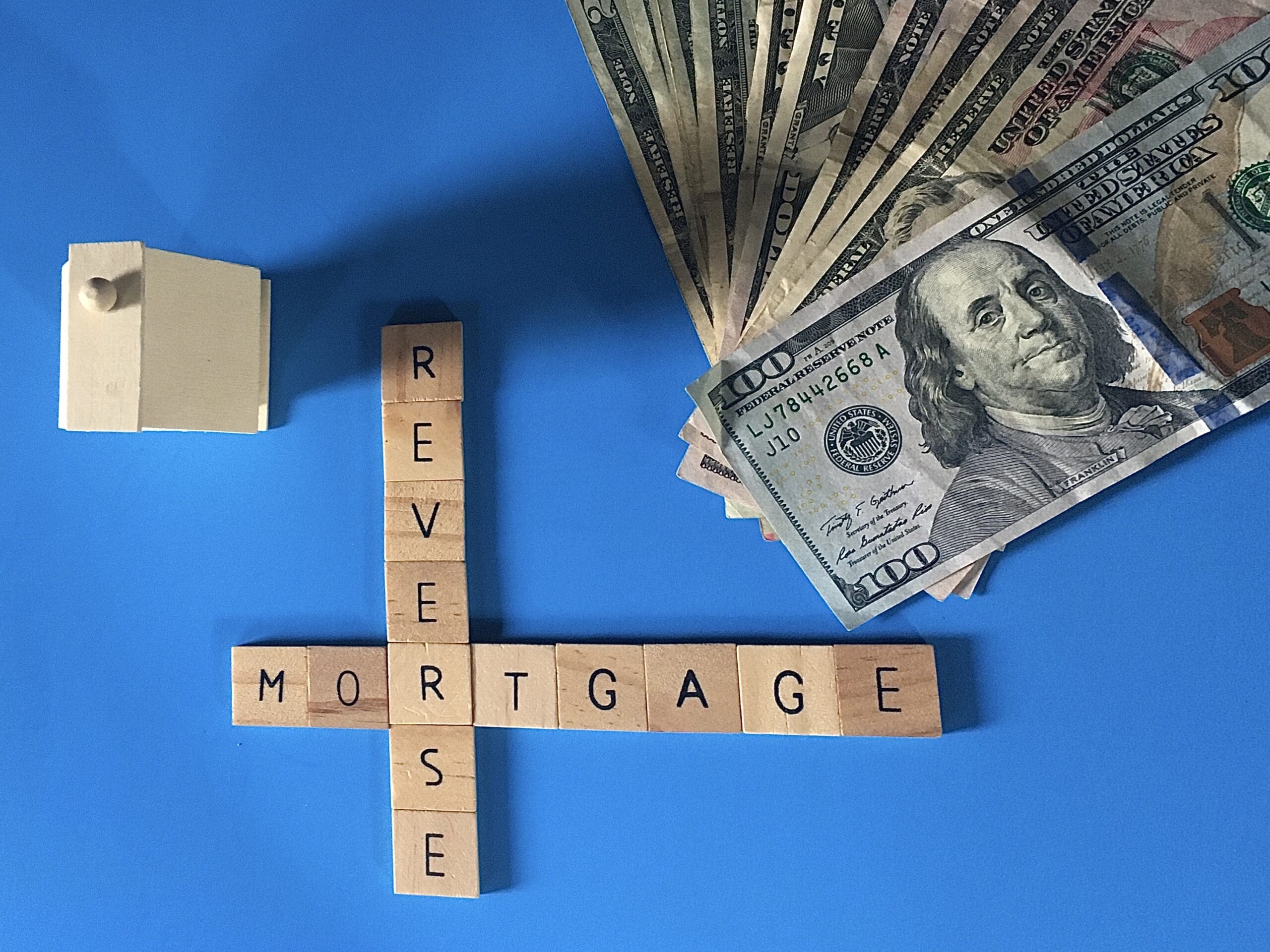Are you a senior homeowner looking for financial flexibility during retirement? If so, you might have come across the term “reverse mortgage.” In this comprehensive guide, we’ll delve into the world of reverse mortgages, discussing what they are, who they are right for, and the key aspects you need to consider.
What Are Reverse Mortgages?
A reverse mortgage is a unique financial product that allows senior homeowners to tap into their home equity to receive funds without needing to sell their property. Unlike traditional mortgages, where you make monthly payments to the lender, a reverse mortgage enables you to receive payments from the lender based on the equity you’ve built in your home over the years.
Who Are Reverse Mortgages Right For?
Reverse mortgages are primarily designed for senior homeowners aged 62 and older who own their homes outright or have a substantial amount of equity. These homeowners might be seeking ways to supplement their retirement income, cover unexpected medical expenses, or embark on new adventures without the burden of monthly mortgage payments.
Benefits of Reverse Mortgages

- Financial Flexibility: Reverse mortgages provide an additional source of income, giving you the flexibility to enjoy your retirement years to the fullest.
- No Monthly Payments: Unlike traditional mortgages, you don’t need to make monthly payments on a reverse mortgage. The loan is repaid when the home is sold, often after the homeowner passes away or moves out.
- Staying in Your Home: You can continue to live in your home without the fear of losing it, as long as you meet the loan obligations, such as maintaining the property and paying property taxes.
Eligibility Criteria:
To qualify for a reverse mortgage, you typically need to:
- Be at least 62 years old.
- Own a home that is your primary residence.
- Have a significant amount of home equity.
Risks of Reverse Mortgages:

While reverse mortgages offer several benefits, they also come with potential risks:
- Accumulating Debt: The loan amount, including interest, will need to be repaid eventually, which can result in a substantial debt over time.
- Impact on Inheritance: The equity that would have been passed on to heirs may be used to repay the reverse mortgage, potentially affecting your intended inheritance.
In conclusion, reverse mortgages can be a valuable financial tool for eligible senior homeowners seeking extra income during retirement. However, it’s essential to carefully weigh the benefits against the potential risks and consider your long-term financial goals. If you’re considering a reverse mortgage, consult with a financial advisor to make an informed decision that aligns with your unique circumstances.
#ReverseMortgages #RetirementPlanning #HomeEquity

Richard has extensive experience in all aspects of buying and selling residential property. He has sold more than 400 homes and well over $100 million in residential real estate. There’s no need to guess. Get expert advice that will allow you to buy and sell with confidence and ease.
For neighborhood guides about Decatur and other intown neighborhoods, click here.
To learn more about the value of your home, please complete the form here.
If you are looking to purchase a home, please reach out here. We would love to help you have a wonderful buying experience.
You can always reach us through the Contact Us page here as well.
